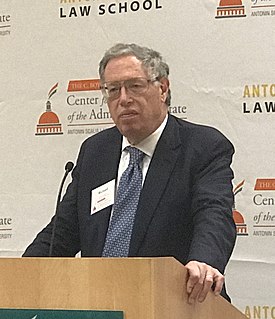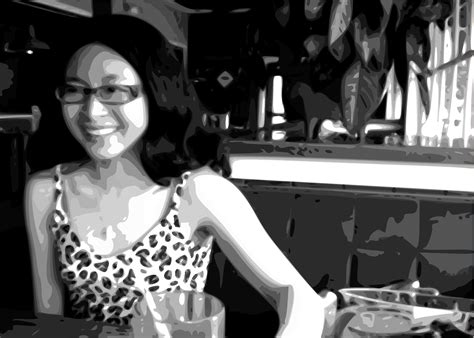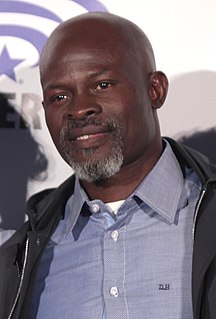A Quote by Ingmar Bergman
Our social relationships are limited, most of the time, to gossip and criticizing people's behavior. This observation slowly pushed me to isolate from the so-called social life. My days pass by in solitude.
Related Quotes
Driven by a wish to save Tomás from a life of penury and misunderstanding, Fermin had decided that he needed to develop my friend's latent conversational and social skills. Like the good ape he is, man is a social animal, characterized by cronyism, nepotism, corruption, and gossip. That's the intrinsic blueprint for our ethical behavior.
When I was a child, my behavior was far from being what most people would label 'intelligent.' It was often limited, repetitive and anti-social. I could not do many of the things that most people take for granted, such as looking someone in the eye or deciphering a person's body language, and only acquired these skills with much effort over time.
I suppose it's not a social norm, and not a manly thing to do - to feel, discuss feelings. So that's what I'm giving the finger to. Social norms and stuff...what good are social norms, really? I think all they do is project a limited and harmful image of people. It thus impedes a broader social acceptance of what someone, or a group of people, might actually be like.
Etiquette is about all of human social behavior. Behavior is regulated by law when etiquette breaks down or when the stakes are high - violations of life, limb, property and so on. Barring that, etiquette is a little social contract we make that we will restrain some of our more provocative impulses in return for living more or less harmoniously in a community.
It's my firm conclusion that human meaning comes from humans, not from a supernatural source. After we die, our hopes for an afterlife reside in the social networks that we influenced while we were alive. If we influence people in a positive way -- even if our social web is only as big as our nuclear family -- others will want to emulate us and pass on our ideas, manners, and lifestyle to future generations. This is more than enough motivation for me to do good things in my life and teach my children to do the same.
My Third-World roots remind me that the vast majority of our fellow human beings live hungry, sick, and uneducated, and that most social scientists, even in that world, ignore that ugly reality. This is why my papers in mathematical sociology deal not with free choice among 30 flavors of ice-cream, but with social structure, social cohesion, and social marginality.






































